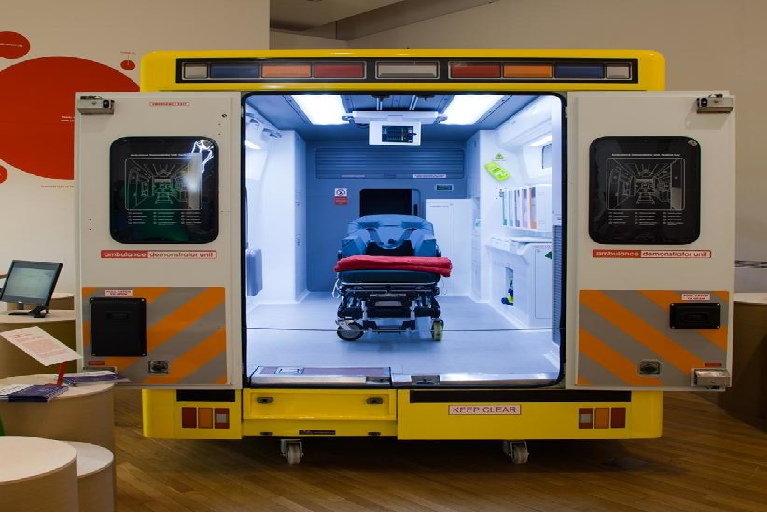What Are The Safety Standards For Ambulance Remounting?
Ambulance plays a very crucial role in the healthcare sector as they provide out-of-hospital medical care. It is well-equipped with numerous machines, thus offering immediate medical assistance, especially during emergencies.
However, they are also very expensive. The average box-size ambulance can cost between $125,000 to $150,000. Moreover, they require regular repair and maintenance to ensure that high-quality emergency service is provided to the patient.
Fortunately, hospitals or private clinics can opt for the option of ambulance remounting to upgrade the vehicle. It is much more affordable than purchasing a whole new vehicle.
However, the safety standards of a remounted ambulance are a bit different from the new ones. Therefore, it is essential that you learn about the standards governing ambulance remounts.
● Registration With The NHTSA
According to the NHTSA (The National Highway Traffic Safety Administration), the remount companies are “end-stage vehicle manufacturers.” That means they need to follow the basic Federal Motor Vehicle Safety Standards (FMVSS) just like every other vehicle manufacturer (car, van, or truck).
Therefore, make sure that your remount ambulance company is registered with the NHTSA. In addition to this, the company should be legally responsible for every rule and responsibility mentioned in the Vehicle Safety Act.
● KKK-A-1822
The Federal General Service Administration KKK-A-1822 was developed as a purchasing specification for all the federal ambulances. It is the primary standard that applies to new ambulance manufacturers. The specifications cover the fulfillment of basic/minimal safety requirements.
These include warning indicators, electrical system specifications, general construction, weight capacity, and more.
● NFPA 1917
NFPA 1917: Standard for Automotive Ambulances addresses the minimum requirements for performance, design, and testing of new vehicles to provide emergency medical treatment as well as transportation of injured or sick persons. This also constitutes the safety requirements that are not covered in the triple K or KKK specifications.
These include seat-belt monitoring systems, CO detectors, and speed governors. Although these standards are not yet applied to the remounts, it is better that you consult the company/manufacturer. Discuss all your safety needs with them so that you can provide high-quality service to the patient.
Not to mention, the safer your vehicle will be, the more reliable your emergency department will become.
● GVS
Version 2 of the Ground Vehicle Standard (GVS) developed by CAAS (Commission on Accreditation of Ambulance Services) addresses the safety of remounted vehicles. It includes minimum safety requirements for both remounters (manufacturers or businesses) as well as remounted emergency vehicles.
In addition to this, the GVS standards also provide documentation templates and vehicle labeling systems to verify compliance with the standards. Keep in mind that the standards set are intended for independent remounters, EMS providers remounting their own vehicle, and final stage ambulance manufacturers (FSAM).
To Sum It All Up!
All these are the crucial safety standards that your remounting service provider must follow. It will ensure that the life of the vehicle is extended, and the patient will be provided with the best level of safety. Plus, you’ll be able to save more instead of purchasing a new vehicle. So, make sure to check whether your remounting service provider follows these standards or not.


































